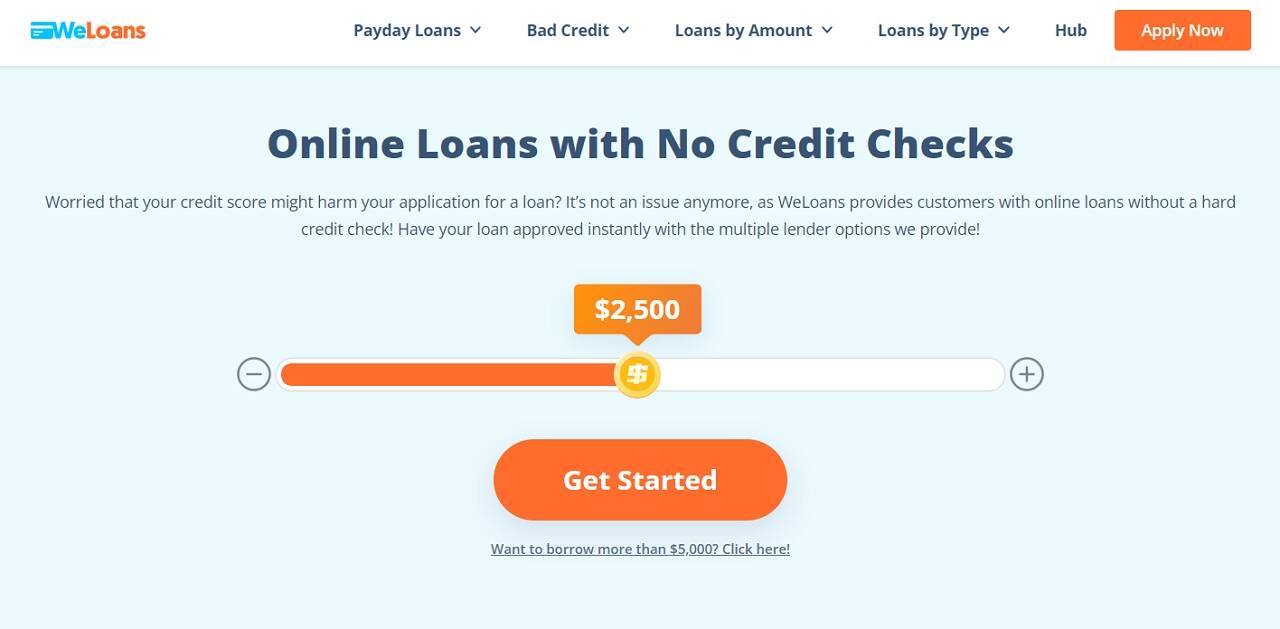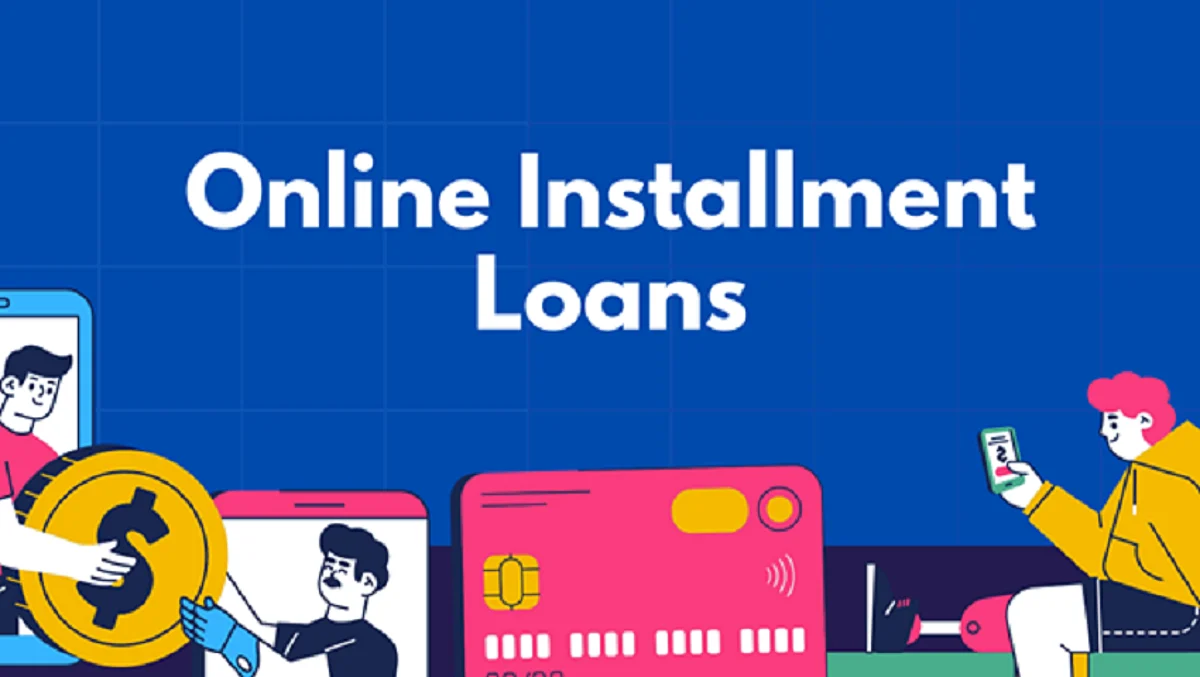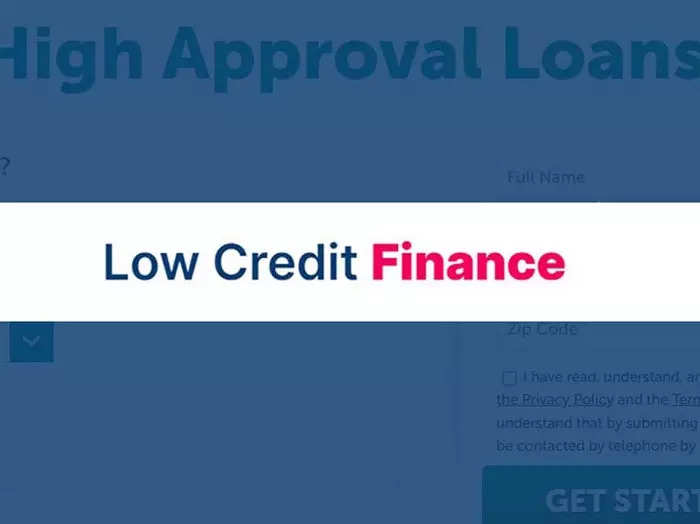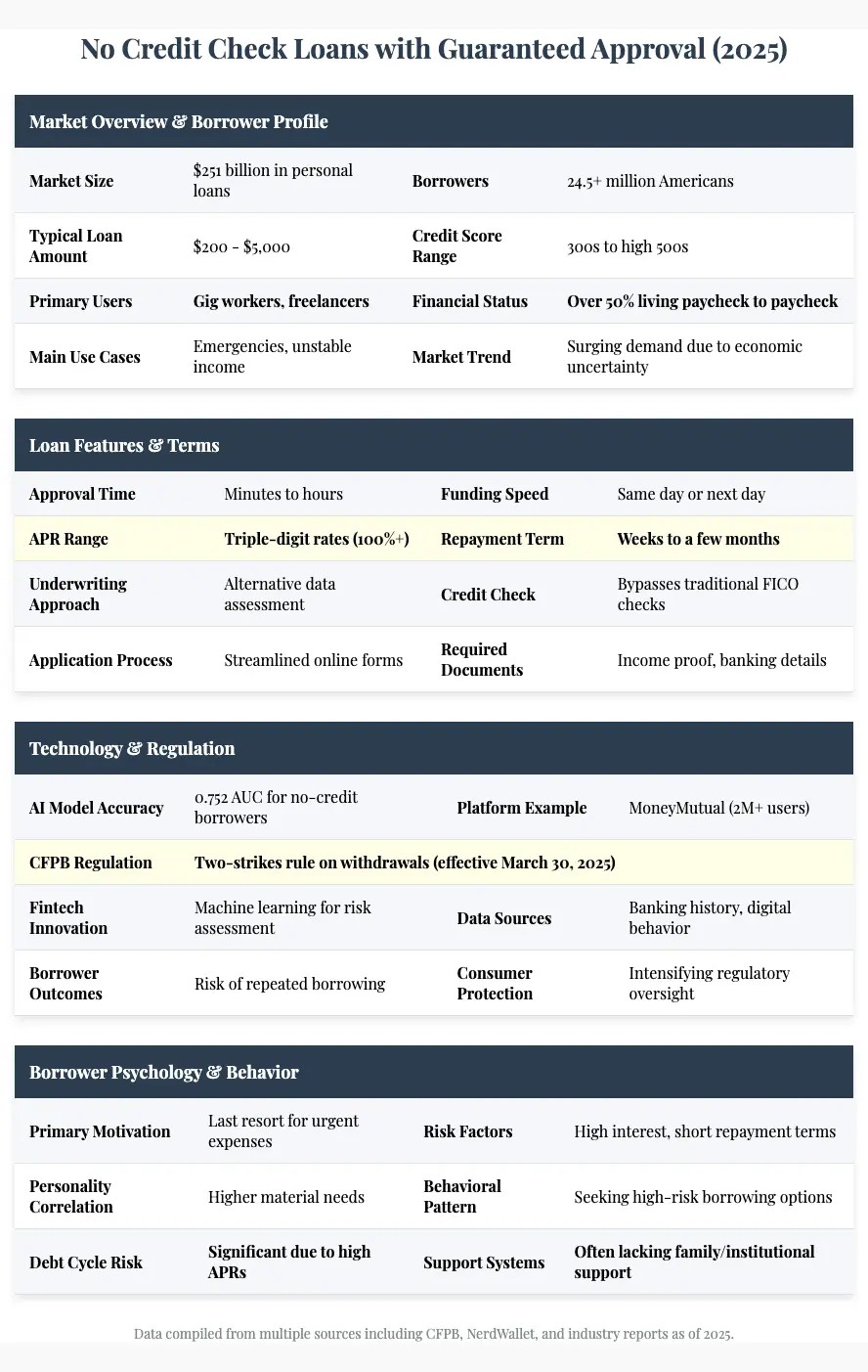No Credit Check Installment Loans Guaranteed Approval
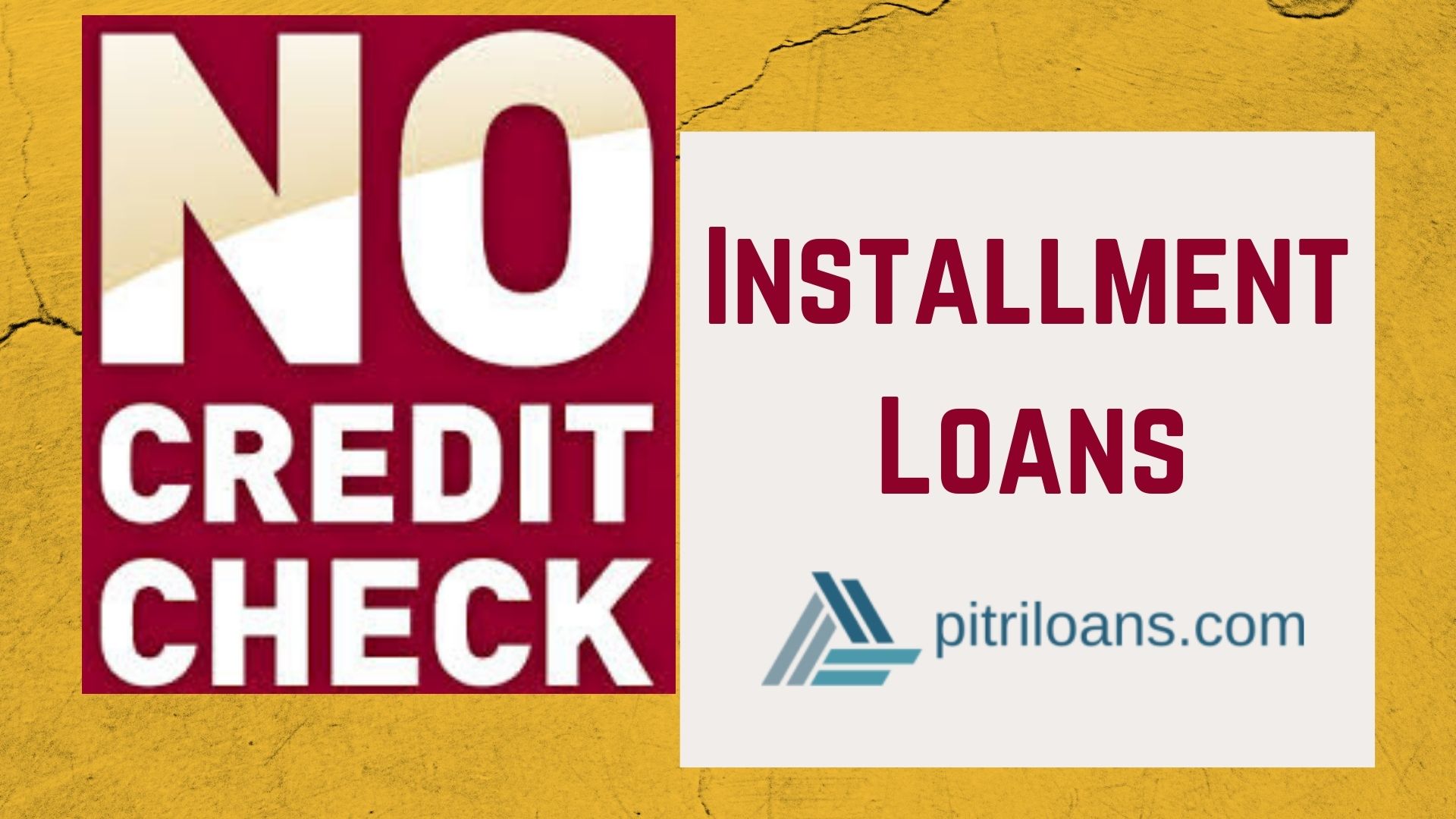
The allure of immediate financial relief is powerful, especially when traditional avenues seem blocked. "No credit check installment loans, guaranteed approval" – a phrase that has become increasingly prevalent in online advertising and financial service offerings. This promise, however, is fraught with risk and warrants careful examination.
This article delves into the reality behind these loans, separating the hype from the potential harm. We’ll explore the mechanics of these financial products, the typical borrowers they target, the associated costs, and the potential pitfalls that consumers should be aware of. Furthermore, we will provide insights from financial experts and regulatory bodies to equip readers with the knowledge needed to make informed decisions.
Understanding No Credit Check Installment Loans
No credit check installment loans are exactly what they sound like: loans that don't require a traditional credit check. Lenders offering these loans often target individuals with low or no credit scores. They claim to focus on other factors like income or employment history for approval.
These loans are structured as installment loans, meaning borrowers repay the principal plus interest in a series of scheduled payments. The ease of access and promise of guaranteed approval can be particularly appealing to those facing financial emergencies or seeking to rebuild their credit.
The Target Audience
These loans predominantly target individuals facing financial hardship or those with a limited credit history. This includes people who have been denied loans by traditional banks and credit unions. Many are often living paycheck to paycheck.
These individuals may be drawn to the promise of quick access to funds without the scrutiny of a credit check. Some may have damaged credit due to past financial difficulties like medical bills or job loss. They are looking for a way to meet immediate needs.
The Mechanics and Associated Costs
While the absence of a credit check may seem advantageous, these loans typically come with significantly higher interest rates. These high rates are meant to compensate the lender for the increased risk they undertake by lending to borrowers with questionable credit.
In addition to elevated interest rates, these loans may involve various fees, such as origination fees, late payment penalties, and prepayment penalties. These fees can further increase the overall cost of the loan, making it significantly more expensive than a traditional loan.
The loan terms can also be shorter, requiring borrowers to make larger, more frequent payments. This can strain already tight budgets, creating a cycle of debt. Careful consideration of repayment ability is crucial.
The Risks and Pitfalls
The promise of "guaranteed approval" should be viewed with skepticism. It is often a marketing tactic used to attract vulnerable borrowers. Very few legitimate lenders will guarantee approval, as responsible lending practices involve some level of risk assessment.
Predatory lenders often use this language to prey on desperate individuals. They offer loans with unfavorable terms designed to trap borrowers in a cycle of debt. These lenders may not be transparent about the true cost of the loan.
Borrowers who fall behind on payments can face severe consequences, including late fees, further damage to their credit (even though the initial loan didn’t require a credit check, defaults can be reported to credit bureaus), and collection efforts. The consequences of default can be devastating.
Furthermore, because these loans often operate outside the mainstream financial system, borrowers may have limited recourse if they encounter unfair or deceptive practices. They should understand their legal rights and options.
Expert Perspectives and Regulatory Scrutiny
Financial experts consistently caution against the use of no credit check installment loans. They emphasize the importance of building credit and seeking alternatives, such as credit counseling or secured credit cards.
According to the Consumer Financial Protection Bureau (CFPB), consumers should be wary of lenders promising guaranteed approval. They encourage consumers to shop around for the best rates and terms. They also encourage reading the fine print before signing any loan agreement.
"Consumers need to be vigilant and informed," says Jane Doe, a financial advisor at XYZ Financial Planning. "A seemingly easy solution can quickly turn into a financial nightmare if not carefully considered."
Regulatory bodies are increasingly scrutinizing the practices of lenders offering these types of loans. They are aiming to protect consumers from predatory lending practices. They advocate for greater transparency and stricter regulations.
Alternatives to No Credit Check Installment Loans
Before resorting to a no credit check installment loan, explore alternative options. These options can be less risky and more beneficial in the long run. Credit unions, for example, often offer more favorable loan terms to their members.
Secured credit cards, which require a security deposit, can be a good way to build or rebuild credit. Borrowing from friends or family can also be a more affordable option, if available. Consider also budgeting and expense reduction.
Credit counseling agencies can provide guidance and assistance in managing debt. Non-profit credit counseling is readily available. They can help develop a repayment plan tailored to individual circumstances.
Looking Ahead
The demand for no credit check installment loans is unlikely to disappear anytime soon. The need for quick access to funds will persist. However, increased awareness of the risks and the availability of responsible alternatives can help consumers make better choices.
Continued regulatory scrutiny and stricter enforcement of consumer protection laws are crucial. These regulations can hold lenders accountable. They can ensure fairness and transparency in the lending process.
Ultimately, financial literacy and responsible borrowing habits are the best defense against predatory lending practices. Individuals must be empowered to make informed decisions that benefit their long-term financial well-being. Empowerment through knowledge is key.







